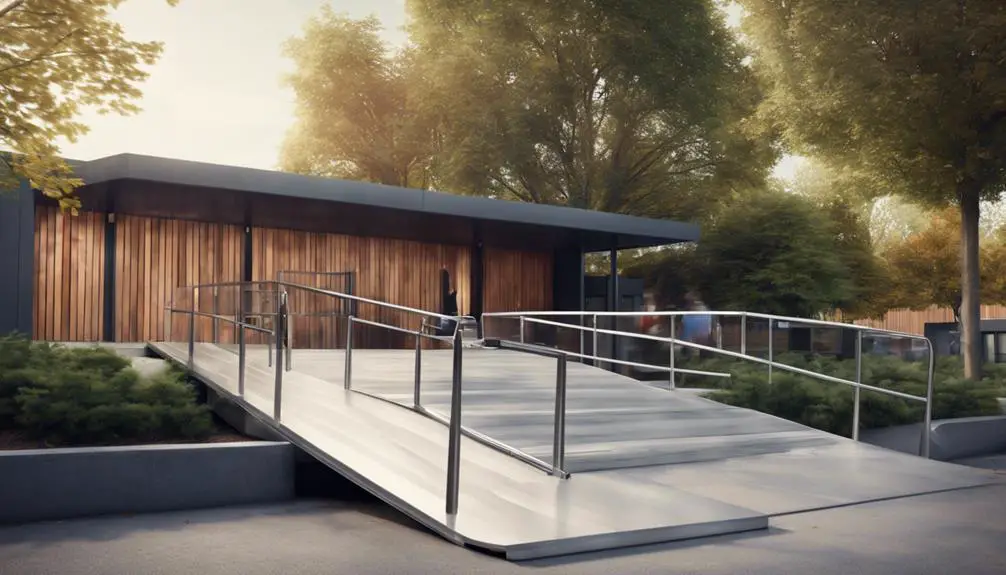Can Dyslexia get Worse as you Age? Let’s discuss. Dyslexia is a neurological disorder that mainly causes problems with reading and writing.

People suffering from dyslexia face difficulty in managing letters and their sounds. The phonological element in their brain is quite disturbed.
We have a related article for you, you can read Can Dyslexia Develop With Age?
With age, dyslexia continues into adulthood and it may get worse with age. Let’s find out all about dyslexia and its relationship with getting worse with aging.
Table of Contents
Can Dyslexia Get Worse As You Age?
What Is Dyslexia?
Dyslexia is known as a learning disability in which people cannot read or have difficulty reading and recognizing words. They are unable to interpret whatever they read and also struggle with comprehension. It is not infectious and not curable; there are no vaccinations available to treat dyslexia.
For your understanding, know that the left hemisphere of our brain is responsible for interpreting language and processing sounds. When a person has dyslexia, his left hemisphere is not functioning as in an average human adult. In some cases, both the hemispheres, the left and the right, might not be able to make a connection between them.
Causes:
- One of the most probable causes of dyslexia is a phonological defect. The patient might not be able to recognize words and their meaning and might have difficulty breaking them down into smaller parts. It is usually transmitted genetically.
- First-generation might not show traits of dyslexia. However, the third generation can be dyslexic. This is because the genes lay dormant in the first generation; however, anything that triggers the genes for dyslexia might cause the disease. Any external factor such as environment, trauma, or illness can lead to it.
- Moreover, premature birth or low birth weight can also cause dyslexia. Likewise, during pregnancy, if the mother consumes nicotine, drugs, and alcohol, this might also affect the fetus’s brain development.
- Exposure to trauma or stressful conditions at a very young age can also trigger dyslexia.
Symptoms:
In adults, dyslexia becomes more complex and shows the following symptoms:
- The patient will suffer from visual problems while reading. They will become sensitive to glare, color, or words. Font size might also affect them.
- They will not be able to focus and concentrate while reading. They will experience a feeling as if words are gambling or moving around the paper.
- Reading will become a mountain that they will never prefer to climb. They will consider other modes of learning.
- Apart from that, writing will also become a challenge for them. They will transcribe the message incorrectly and will not be able to put their thoughts into words.
- Following directions, map reading, and finding places will be a hassle.
- Young children are troubled while recognizing the sounds with rhythm and rhyme.
- They mispronounce many words and might have an initial stammer.
- While writing, they will reverse similar letters such as b and d, p and q.
- Since dyslexic children and adults face a lot of difficulty reading, writing, and communicating with others, they develop many behavioral problems.
- Patients will have a hard time remembering and naming things.
- They will be unable to match syllables, sounds, and written form.
Relationship Of Dyslexia With Aging:
It is considered that dyslexic and neural phenotypes can be influenced by aging. According to many types of research, when a person is aging, then there are chances that he might have higher lapses in memory and concentration.
Also, you have to check out my post on Can Dyslexia Impact Speech?
Compared to young dyslexics, adults face much more difficult because youngsters can be treated and cured with time. However, it requires more time and energy to deal with adults.
Dyslexia turns out to be a more complex process with aging. In children, it might look like having speech, writing, and spelling difficulty symptoms. However, with time sensory-motor processing, memory and functioning are disturbed. They show slower concentration and mentation. It becomes a multidimensional syndrome for them.
Furthermore, the cerebral structures in the brain fail to process and transmit signals. This can also develop klutziness, a clumsy trait of dyslexia.
Moreover, patients develop impairments in their cerebral functioning and inner ear. They can suffer from sinus, whiplash, concussions, traumatic brain injuries, and mononucleosis.
Neuropsychological research reviews that children who have dyslexia turn out to be dyslexic adults. The aging process intensifies it and, if not appropriately treated, might develop into multiple brain disorders that can be chronic.

Hi, my name is Eddie, I am a professional trainer specializing in the elderly population and I’m also a website designer. I love training in the gym, going to the beach, traveling, and having good food.
I combined my love for sport and website designing to make “DisabilitEase” whose purpose is to help elderly and disabled people live a more full and active life, have more fun, and enjoy their unique journey despite any disability.


